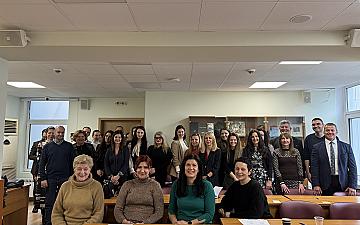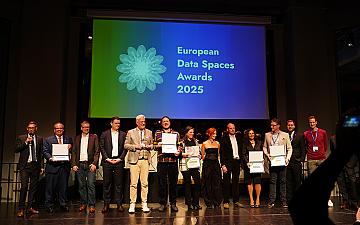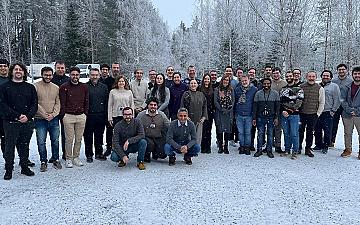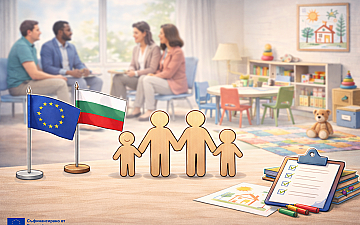On 18 February 2022, a videoconference took place in the context of the ongoing implementation of the innovative educational programme "NESTOR – A National Network of Schools for Parents in Prison - Enhancing Responsive Father Parenting” organized by the Center for Security Studies and moderated by Dr. Anastasios Valvis, project manager of the programme. The videoconference aimed at informing the directors of the detaining facilities about the programme and its implementation, by enquiring their willingness to participate at a voluntary basis.
The Deputy Minister of Citizen Protection, Mr. Eleftherios Economou, the Secretary General of Anti-Crime Policy, Mr. Constantinos Papathanasiou and the Directors of 28 Detention Facilities in Greece, participated in the call. The Deputy Minister highlighted the added value of the programme by also stressing the government’s willingness to reform and modernise the Greek prison system so as to bring together the anthropocentric culture of those being imprisoned as well as those working in the national correctional facilities. The discussion was very insightful and clearly demonstrated the warm welcome of the programme by the directors and their willingness to participate.
Two were the most important issues that occurred during the discussion. On the one hand, the directors of the prisons expressed their concerns whether the schools could bring extra workload to the already limited scientific personnel in the prisons. The project’s coordinator clearly explained the operational framework of the schools reassuring the directors that through the project the scientific personnel will receive more tools in order to provide better services to the prisoners and in a less time-consuming way. On the other hand, they all seemed to understand the project’s overall added value especially regarding the prospects of reintegration of prisoners in the society following their release. To this end, they expressed very positively about the engagement of local societies through the UNESCO’s Global Network of “Learning Cities”. Next steps include a letter of interest from the prisons’ directors with the corresponding suggestion of the scientific personnel to participate in the project.
The project is implemented under the Erasmus+ Programme of the European Commissions.








